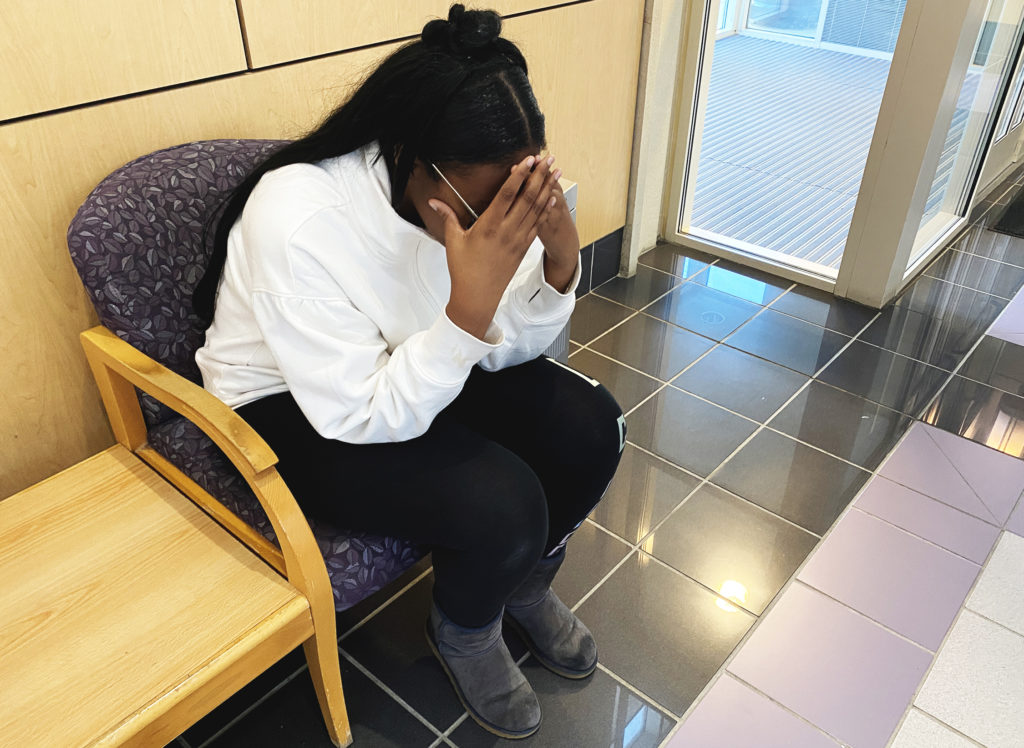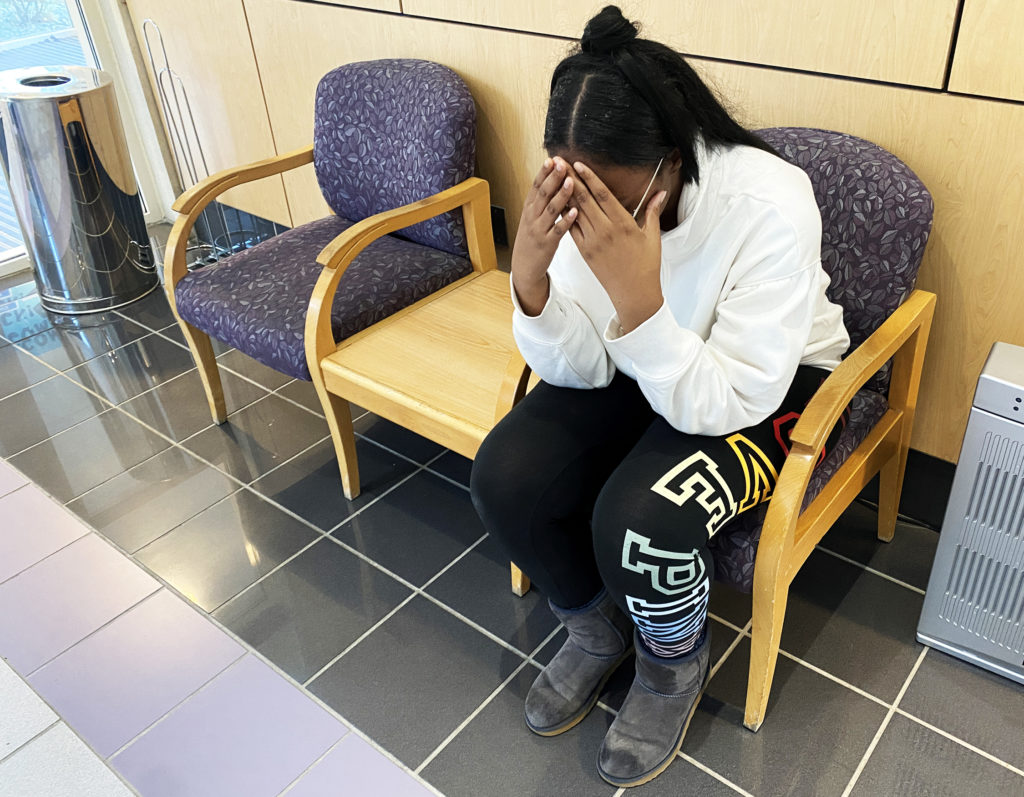
By Keisha Thompson
Trinity Times Correspondent
Many women view their home as a castle of love, comfort, and relaxation, but for some it’s a battlefield that causes emotional and physical stress.
Many women suffer in silence because they’re afraid to speak about the abuse happening in their homes.
Domestic violence — when a partner uses brute force to gain control over a significant other — is prevalent in Washington.
According to the 2018 “National Intimate Partner and Sexual Violence Survey” — conducted by the DC Coalition Against Domestic Violence — 39% of women who reside in the District of Columbia have reported physical and sexual assaults or stalking by a current or former intimate partner.
It’s a problem confronting every aspect of society, a dilemma not lost on the leadership of Trinity Washington University.
“Domestic Violence is a serious problem and can have a significant negative impact on a student’s physical and mental health, as well as their ability to be successful in school,” said Karen Gerlach, vice president of student affairs at Trinity.
Abused women suffer from long-term health problems, such as migraine headaches, stress, heart problems, sleep deprivation, immune system issues, irritable bowel syndrome, and sexual problems, according to the U.S. Department of Health and Human Services’ Office of Women’s Health.
It’s not unusual for some victims to refuse to leave their partners or seek medical treatment to heal their wounds, the HHS Office of Women’s Health reports.
“Leaving an abusive relationship is a highly personal and individual decision,” Gerlach said. “It is important for Trinity to provide access to medical services, mental health counseling and other short- and long-term support to students as they are making decisions.”
Trinity hosts a “Purple Wednesday” event in October each year in recognition of Domestic Violence Awareness Month.
“It is an opportunity to raise awareness about domestic violence and an easy way for people to show their commitment to promoting healthy relationships,” Gerlach said.

Being an abused women doesn’t have to be a death sentence, said Tenickia Polk of Alexandria, Virginia, a self-acknowledged survivor of domestic violence.
Domestic violence also doesn’t have to assign women to a life of poverty, Polk said, noting her own personal achievements following the end of her abusive relationship, eventually becoming a pastor, educator, life coach and author.
In sharing her story, Polk says she experienced mental, emotional, financial, sexual, and physical abuse in her marriage. She said their first argument turned physical two years into the marriage, but she didn’t recognize the signs of abuse because they rarely quarreled.
Polk says her husband was threatened by any kind of success in her career, demanded attention, intimacy, and deprived her of sleep.
“I suffered from stomach problems, heart problems, and (discoid lupus erythematosus) that flared up at times, due to the stress of my marriage,” she said. “But thank God, I am healed.”
Currently the pastor of Hope of the Generations Church in Fairfax, Virginia, Polk strongly embraces a biblical approach to working with people faced with challenges of anxiety, stress, depression, poor self-image, and several other health-related issues.
Her healing approach is inspired by one of her favorite Bible passages, 3 John 2, “Beloved, I wish above all things that thou mayest prosper and be in health, even as thy soul prospereth.”
The National Domestic Violence Hotline is 1-800-799-SAFE (7233) TTY 1-800-787-3224.